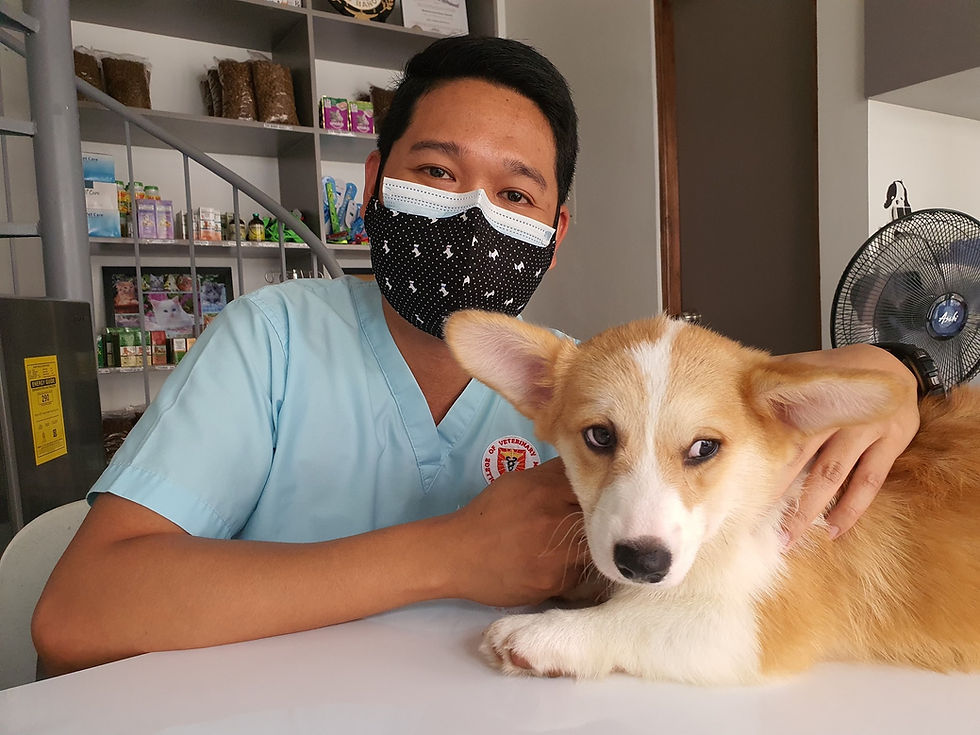Dog Allergy Management Guide by Woofzo
- Team Woofzo

- Mar 12
- 1 min read

Allergies in dogs are common and can significantly affect their quality of life. Understanding the types of allergies, recognizing symptoms, and implementing effective management strategies are crucial for maintaining your dog's health and comfort.
Types of Allergies in Dogs
Food Allergies: Reactions to specific dietary components, often proteins like beef, chicken, or soy.
Flea Allergy Dermatitis: An allergic reaction to flea saliva, leading to intense itching and skin irritation.
Environmental Allergies (Atopy): Reactions to airborne substances such as pollen, dust mites, or mold, resulting in skin and respiratory symptoms.
Contact Allergies: Allergic responses to substances that come into direct contact with the skin, like certain shampoos or bedding materials.
Recognizing Allergy Symptoms
Itching and scratching
Red, inflamed skin
Hair loss
Ear infections
Gastrointestinal issues (vomiting, diarrhea)
Diagnosis and Management
Consult a Veterinarian: Accurate diagnosis is essential.
Allergy Testing: Identify specific allergens through tests.
Dietary Management: Implement elimination diets or hypoallergenic foods.
Flea Control: Regular flea prevention measures.
Environmental Management: Reduce exposure to known allergens.
Medications: Use antihistamines, corticosteroids, or immunotherapy as prescribed.
More Resources
For comprehensive information on related topics, explore the following resources:




Comments